HOODtalks Podcast | Episode 4 “Jason Soto Was Here” w/ CookBook
Los Angeles, CA – In this episode of HOODtalks we welcome Hip Hop Recording artist, CookBook. Cook started his career as a member of the Christian Rap group L.A. Symphony and working with producers like Prince Paul and Will I Am, to name a few. As the group evolved, CookBook and other members of the group developed as solo artists.
Throughout his career, CookBook has had the ability to successfully reinvent himself, as an artist he’s released multiple solo and collaborative projects. As a Podcaster CookBook created the podcasts “Really Tho?” and this past year he has found much success being the co-host / co-creator of the hit podcast “Felipe’s Garage”. For this interview we had a chance to speak with CookBook prior to the release of his last solo album, titled Jason Soto Was Here.
To fully understand the title of his album, we have to know where Cooks journey started. Jason Soto’s father Felipe Soto was a natural musician, “he was the type of dude that was a natural.” CookBook says. “You hand him any instrument, I don’t care what kind it is, within 20 minutes he could be playing something, he just had that musical energy. “
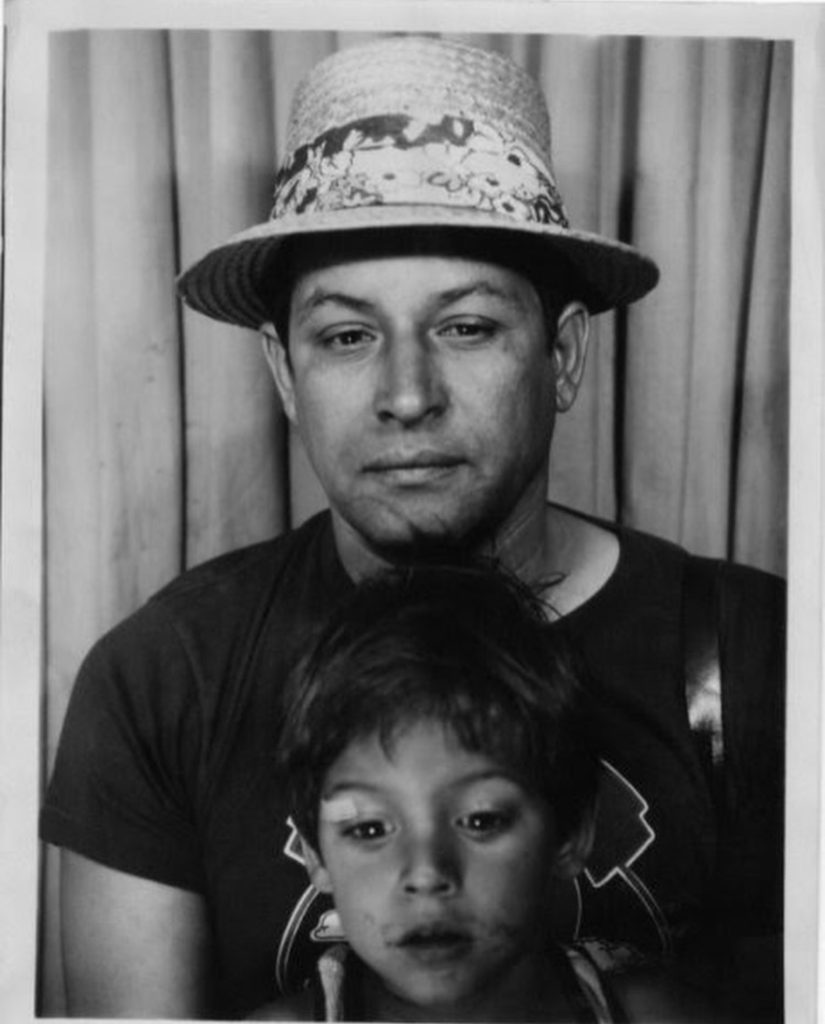
Father & Son 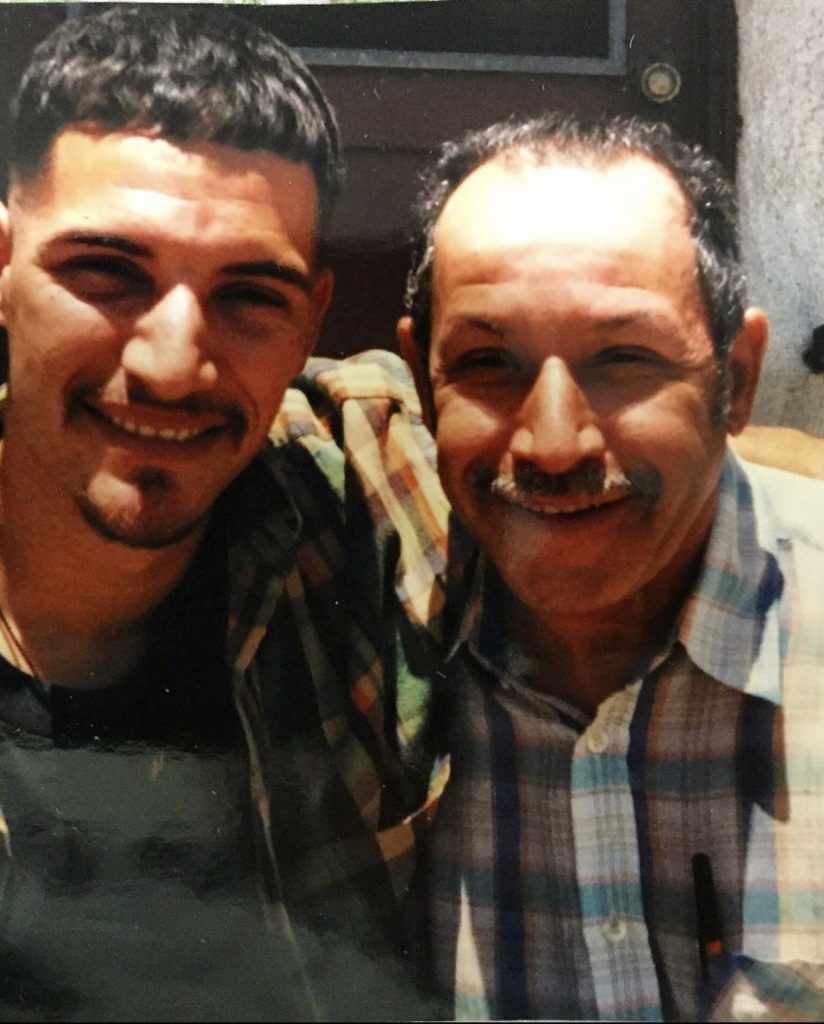
CookBook & Felipe Soto 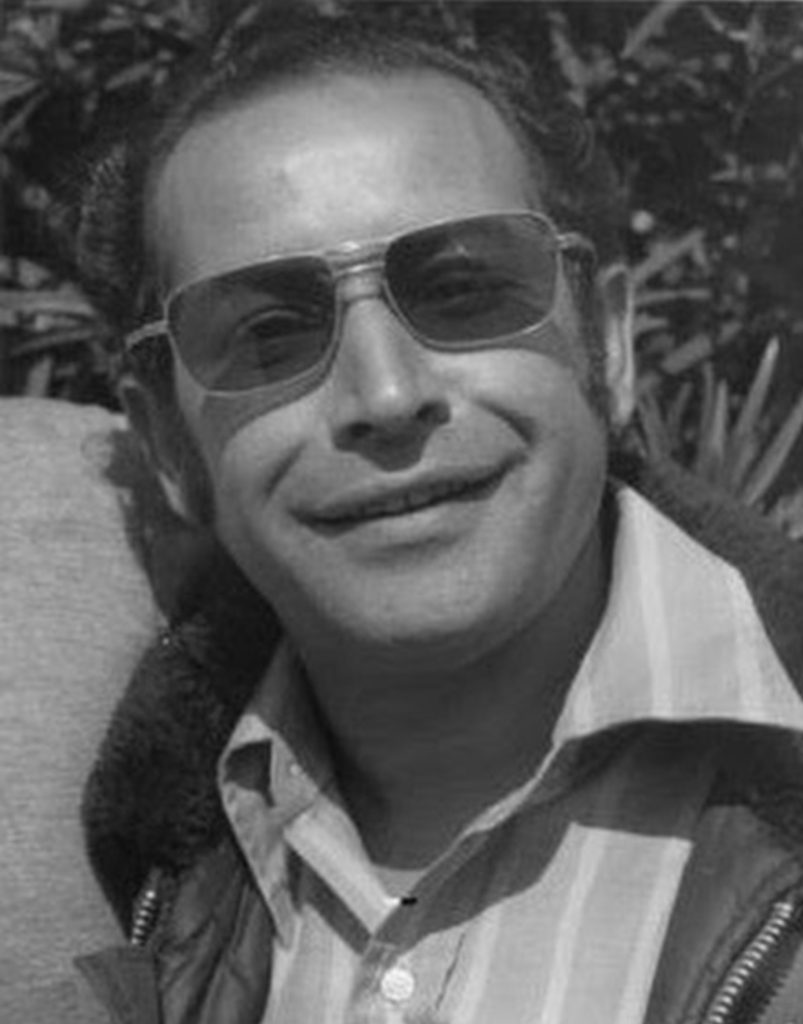
Felipe Soto
Little did they know, that years later CookBook would become part of the group L.A. Symphony. Touring the world and releasing multiple projects as a collective, L.A. Symphony was on top of their game.
As a Christian Rap group L.A. Symphony faced a variety of challenges “nobody before us attempted to do what we did” CookBook says “we weren’t rapping in a church, we were in the mix at a time when Christian Rap was not respected. Truly, our vision was not to be a Christian rap group, we just wanted to be a dope ass rap group. But because we were Christian, we were always going to allow that to shine through us, that was our mission.”
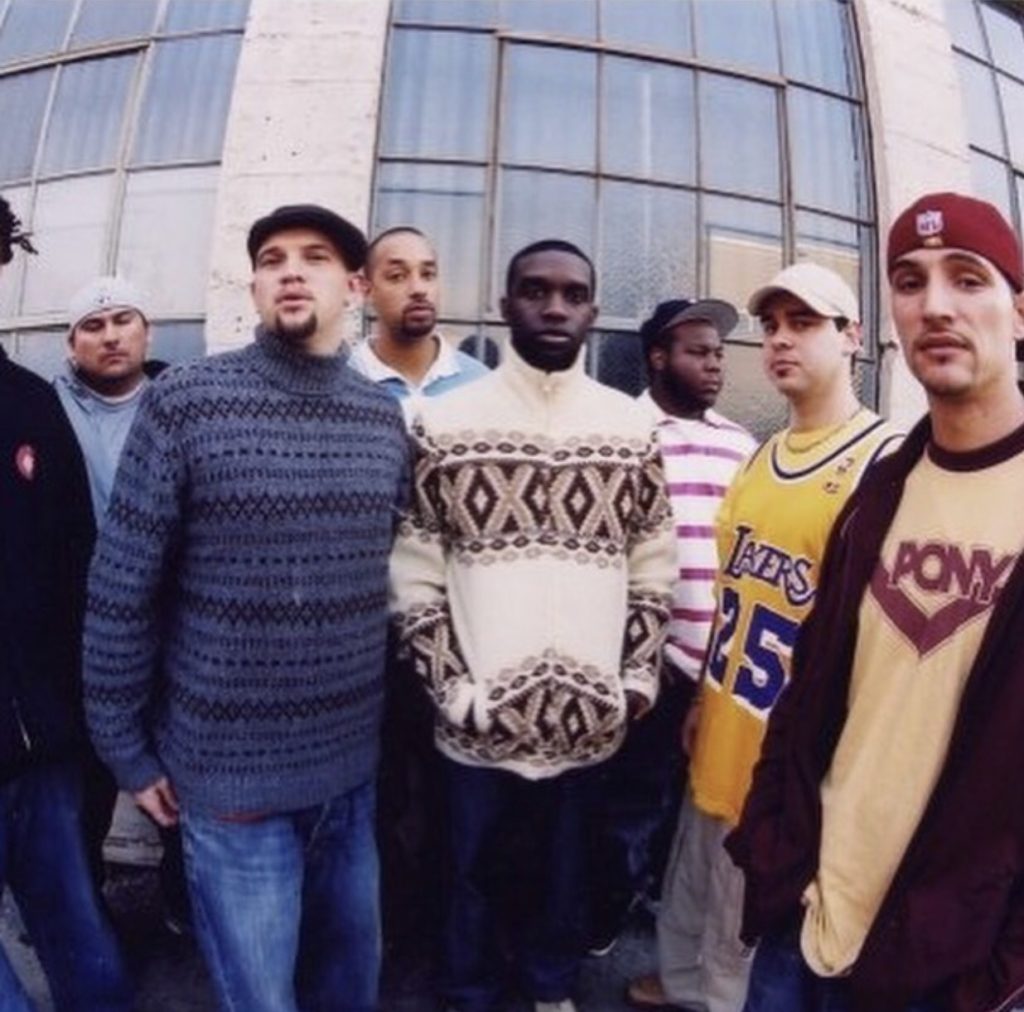
Ironically the most hate L.A. Symphony faced didn’t come from the average hip-hop listener or the media, it came from actual Christians. “Christians was hating on us because we didn’t fit into their Christian box.” Cook says “Our rap songs weren’t like praise Jesus lets get to the church, we were doing battle rap style raps, we were doing every day life stuff … we were very accessible to the average hip hop listener, but not what the Christian market was used to.”
Although L.A. Symphony was hated by Christians, that didn’t stop them from being booked to perform at churches. Cook explains; “when we started doing church shows it was kind of bizarre for us, it felt like propaganda to us.”
CookBook states that churches looked at L.A. Symphony as “the cool Christian guys that rapped in clubs”. This “persona” caught the attention of more church kids and allured them to the events. “I’m sure they were more sincere than that. But it would feel like that at times…” CookBook says. “We (L.A. Symphony) were not clear on what we wanted, we said we were clear and we wanted a regular rap career… “ CookBook paused. ”The president of our record company (Squint Records) said I want to make you guys the next Outkast and that sentence alone made me want to sign with them and that’s the exact type of career we wanted. “ CookBook says, “We wanted to make the type of music we make, and still have big hits; Outkast never sounded like anybody else but still smashed.”
Technically, Squint Records was a Christian record label. However, they flirted between the two worlds as well. CookBook says ”The thing is the President (Steve Taylor) was a former Christian Rock Musician in the 80’s, one day he got called to do this speech at conventions for youth group leaders and he brought us to rap at those conventions.” CookBook continues “He told us you can be Christian and be relevant in the world… he kind of used us as this shinning example of you don’t have to be preaching the Bible but just make great music…”
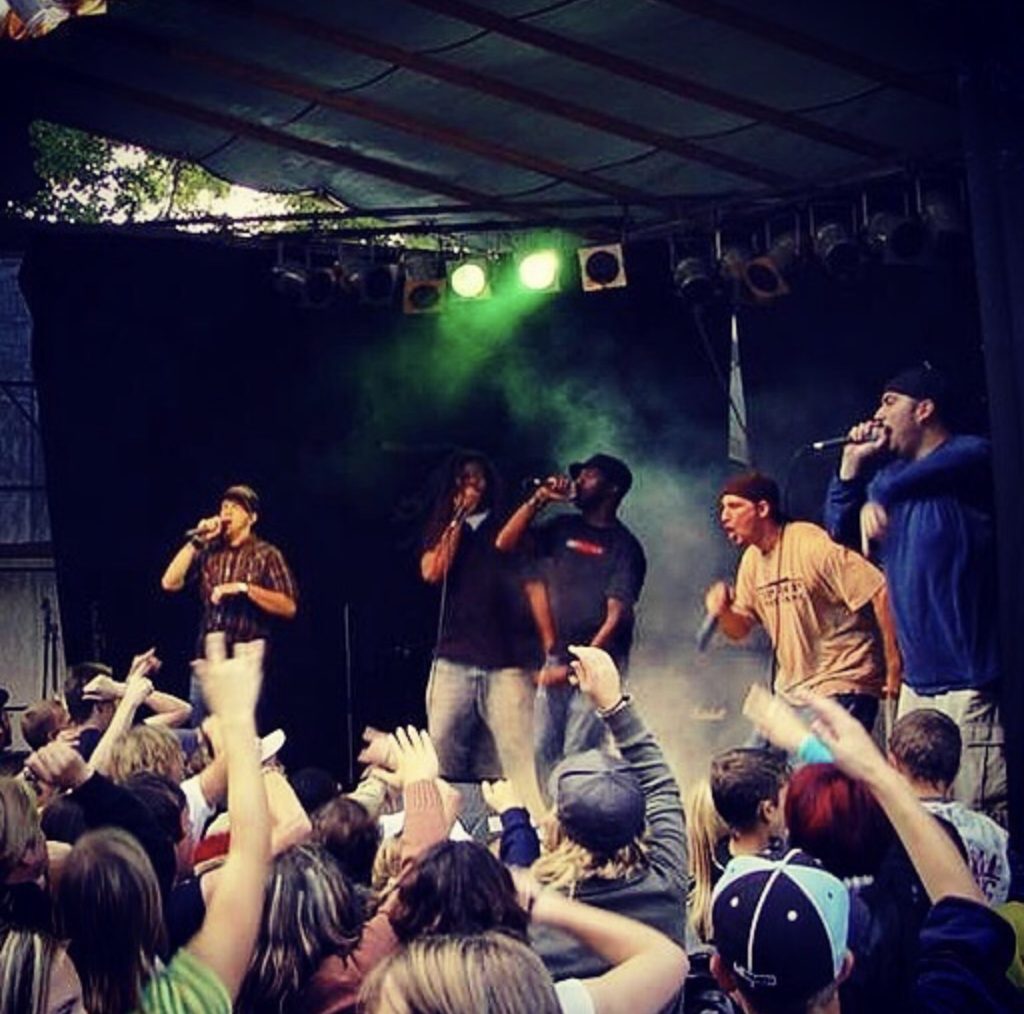
CookBook continues, “Between those three events we rapped in front of fifteen or twenty thousand youth pastors, so because of that, mostly Christian rap shows started rolling in and the money was so good. The difference between getting paid at a club and getting paid from these church shows was crazy! We’d perform at a club make a few hundred bucks, maybe a thousand bucks have a shitty hotel room and the next night we be at this penthouse apartment, getting gift baskets in the room and thousands of dollars performing at this big festival, it was hard not to take the money, but the problem is we didn’t have that strong vision, we tried to do both, but that’s two different visions, so what we did was kill all our credibility in the general hip hop community.”
CookBook explains, “Every time fans looked at our tour schedule it was all church events. We kind of shot ourselves in the foot, we took the money but it was the only thing that kept us alive at the time.” It was a classic industry story, at the time L.A. Symphony was sold to Warner Brothers… illegally. Their contract stated they could not be sold to anybody without consent, however that didn’t stop their label from doing so. The group spent a year and a half fighting out of that record deal. During that time all they could do was tour. CookBook says “If we didn’t have that money we wouldn’t of survived as a group. It was kind of like a catch 22.”
In 2009 the group eventually went on a hiatus, and returning to celebrate their 15-year anniversary by releasing their most recent project “You Still On Earth?” in 2014. Now 20 years since they first came on the scene, L.A. Symphony has developed themselves as independent artists.
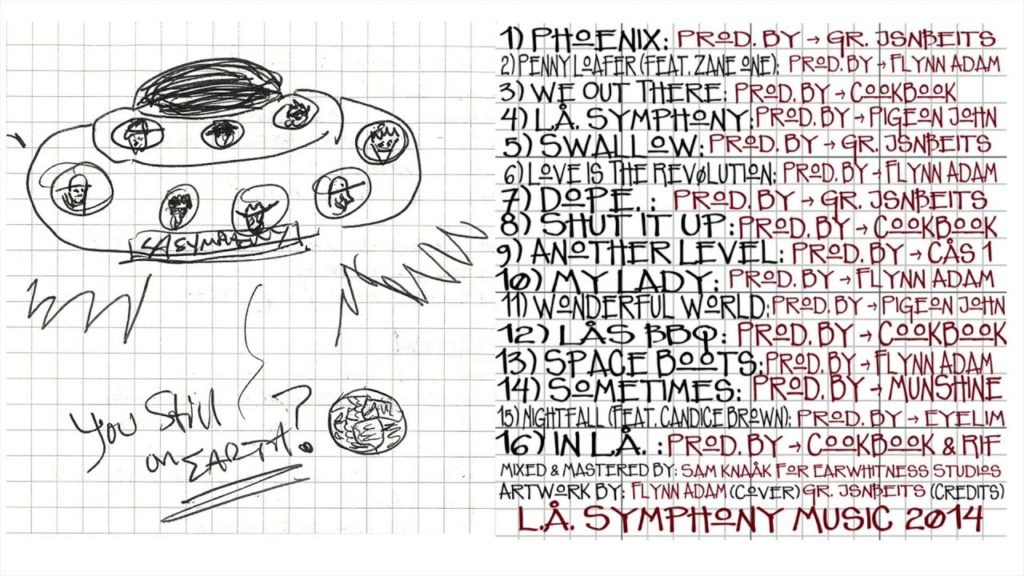
Reinvention is a term that’s become familiar with CookBook and he’s comfortable transitioning within that stage. Through this “reinvention stage” he stuck to what he believed in “creating music that he wanted to create” and continuously released music all while evolving as an artist and sonically his sound.
In between the time of his last album and Jason Soto Was Here, CookBook found himself podcasting. At that time, Podcasting was odd and under the radar from the norm. This “new” form of entertainment was lead by comedians such as Joe Rogan and Marc Maron, Podcast Networks like NPR and more! Hip-Hop Podcasts were rare and maybe a handful were out. Although his first podcast “Really Tho?!?” didn’t take off like his new podcast “Felipe’s Garage” it was here during his time recording the “Really Tho?!?” podcast where CookBook developed his sound as a podcaster. It was also this platform where he helped introduce “Felipe’s Garage”.
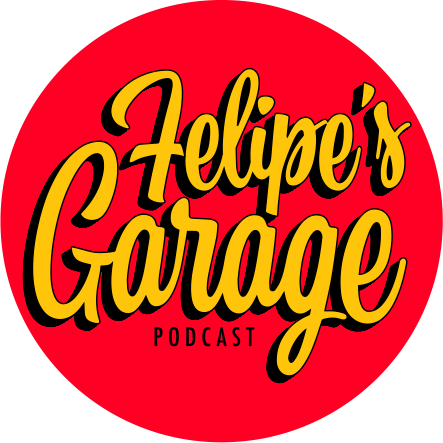
“I wanted to start a podcast that’s more entertainment focused.” CookBook says “Originally I wanted to start it with Pigeon John from L.A. Symphony, him and I have a good rapport but it didn’t work out.” CookBook continues; “What happened was MURS and I, we’ve always been huge fans of comics, really specifically from The Walking Dead. We’d always talk about The Walking Dead!”
In the earlier seasons of The Walking Dead, the two would almost agree on everything. But these conversations started to get even more interesting when CookBook started to dislike the series.
“When The Walking Dead got bad to me we would have these great conversations and then I was like oh my god this is the podcast, so I pitched it to him.” – CookBook
CookBook continues “I have this idea for a podcast, I think it’ll be perfect, Me and You, we just record this conversation… so the first episode is about The Walking Dead.” But even after they recorded their first episode. MURS wasn’t completely convinced. In fact it wasn’t until MURS had a conversation with Gary Vee about podcasting and the benefits of it, when he finally decided to go all in on Felipe’s Garage.
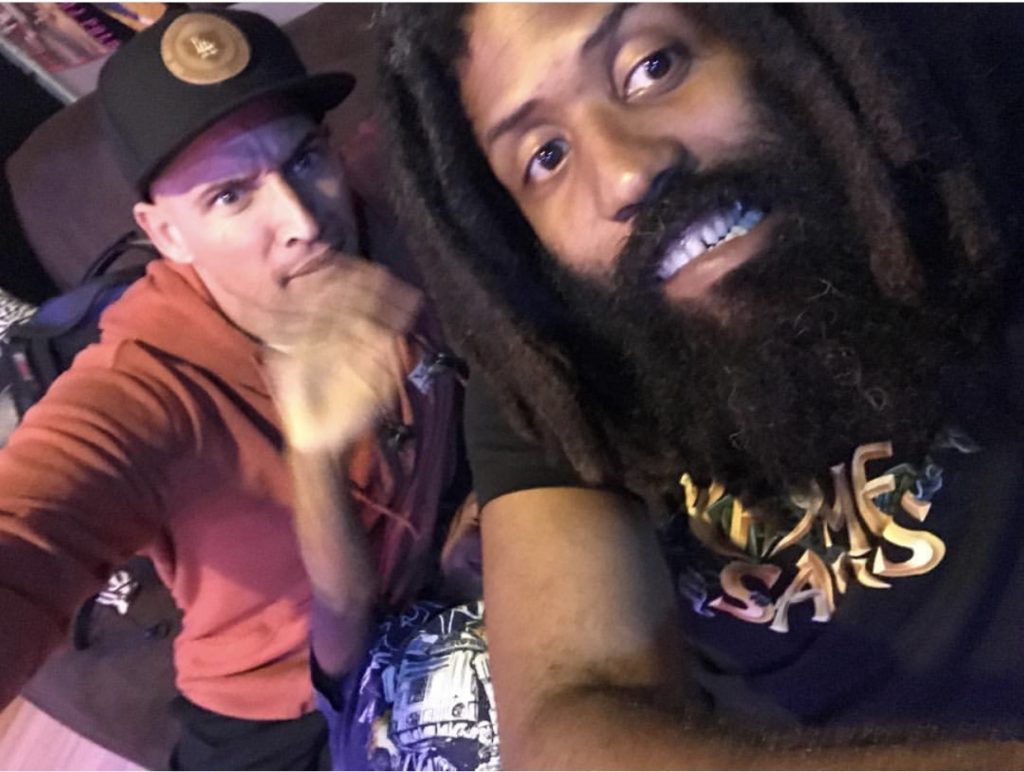
Throughout our lives we come across moments where everything comes to a full circle. When CookBook started his career in Hip-Hop, it’s safe to say that never would he have imaged that Podcasting would be one of these defining moments… where it just made sense.
CookBook says “Shout out to MURS for this… I showed up to his house that first episode and right away he asks what I wanted to call it and continued by saying that he has an idea.” CookBook continues; “Murs said; I want to call it Felipe’s Garage.” Still shocked that MURS would want to call the podcast Felipe’s Garage, CookBook asked MURS why he wanted to name the podcast that. MURS responded; “It’s because You and Me… our journey started in your Dad’s garage. Coming over after school we would all hang out in the garage.”
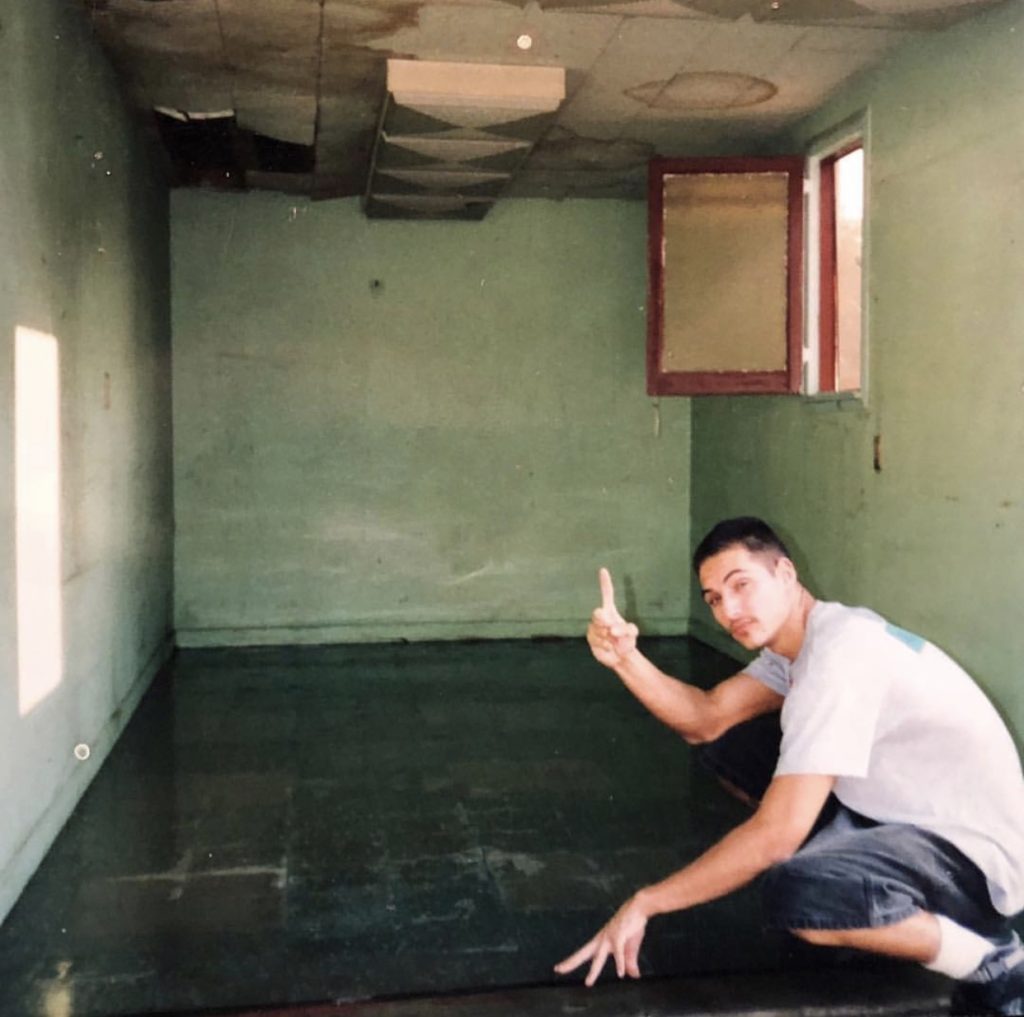
CookBook says “My parents really supported my music career when I started, and that’s where MURS and I first rapped together. Felipe’s garage was the place we got to know each other and became friends. He want to name it that to honor my Pops and pay homage to how our friendship began.“
CookBook reflects, “That’s kind of how it came to be, I kind of identified a trend, people gravitated towards entertainment podcast and MURS and I have a great rapport. People quickly started to respond it, especially when we started to do it weekly… He thought one episode was going to go a million downloads I kept telling him podcasts are a slow growth. But MURS being who he is, the Podcast went, and it went quick, we started putting up good numbers from the beginning.” CookBook continues; “For people who want to do podcasts they should try to create community with the people that are listening, like we’ve done with it. From the way we start the show and end it, that just happened organically.”
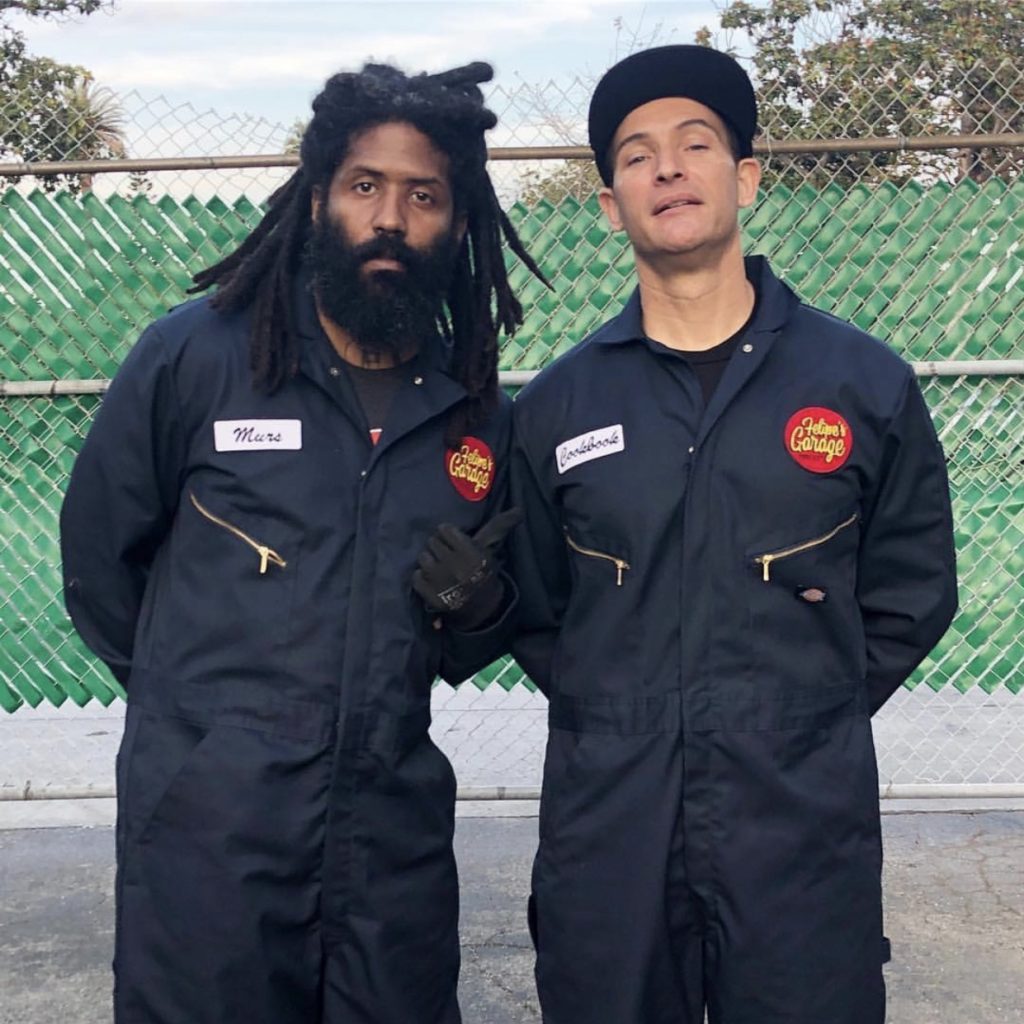
The album Jason Soto Was Here defines the evolution of CookBook, the Artist. Just how Felipe’s Garage organically transformed into the podcast it is today, the artist named CookBook organically transformed in to the artist we hear on Jason Soto Was Here, A mature, intellectual, fearless, rhyme spitter who isn’t afraid to ride a new wave and stays true to the music he wants to create.
“My song Brightest Star is a song focused on what I’ve gone through in this entertainment & music industry” CookBook continues; “The only time you lose is when you quit, you might have to course correct, you might have to come up with new plans and new strategies. Nothing is a loss, everything is a lesson.”
“Even in this point in my career I’m still dreaming, I’m still excited about what can happen in my life, I am doing it for my kids and what ever level of success I reach I’m good, I’m doing this stuff for them so that there is an example so that when they come along there is a blueprint for them. “ – CookBook
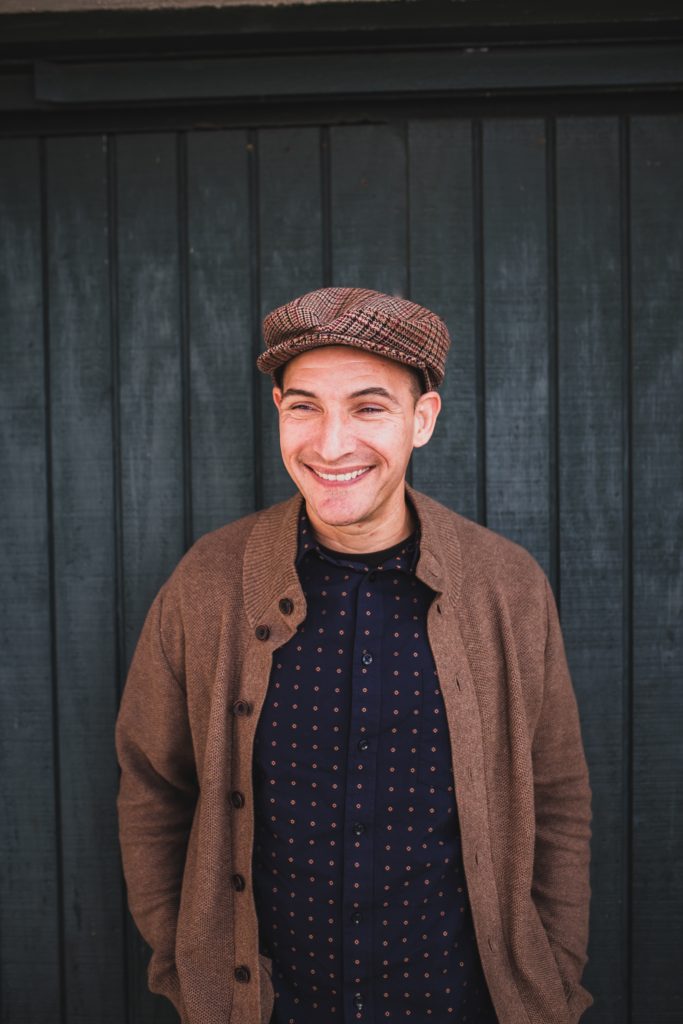
“I’ve been making the album for a year and half. And Brightest Star has been in existence for 7 to 8 months.” CookBook continues; “I recently went through very personal tragic stuff with my family. I would wake up in the morning feeling angry, hurt and sad with what’s going on. I literally would put that song on in the morning, and I would get hyped up and would start feeling good again, the meaning of that song is exactly what I needed and what I still need going through the stuff I go through, that’s my favorite song.”
One of the standout records on the album is a song by the name of Multi-Verse. To set the stage, Multi-Verse is a 7:06 min song, yup you read that right 7:06 min (according to Cook, the original version was longer!). The song contains 1 sample, it has 10 different rap styles and 5 different producers produce it. CookBook explains; “I find myself around a lot of real hip hop heads, and on the flip side I find myself around a lot of these new cats. I keep hearing this dead horse argument, you need to keep it real …boom bap… this new stuff is wack… and the new guys are like, we don’t need to respect the elders…. and then I’m in the middle… saying I’m better then all of you guys! Haha”. CookBook continues; “I wanted to bridge the gap between old and new and honestly, I just wanted to flex on these motherfuckers.”
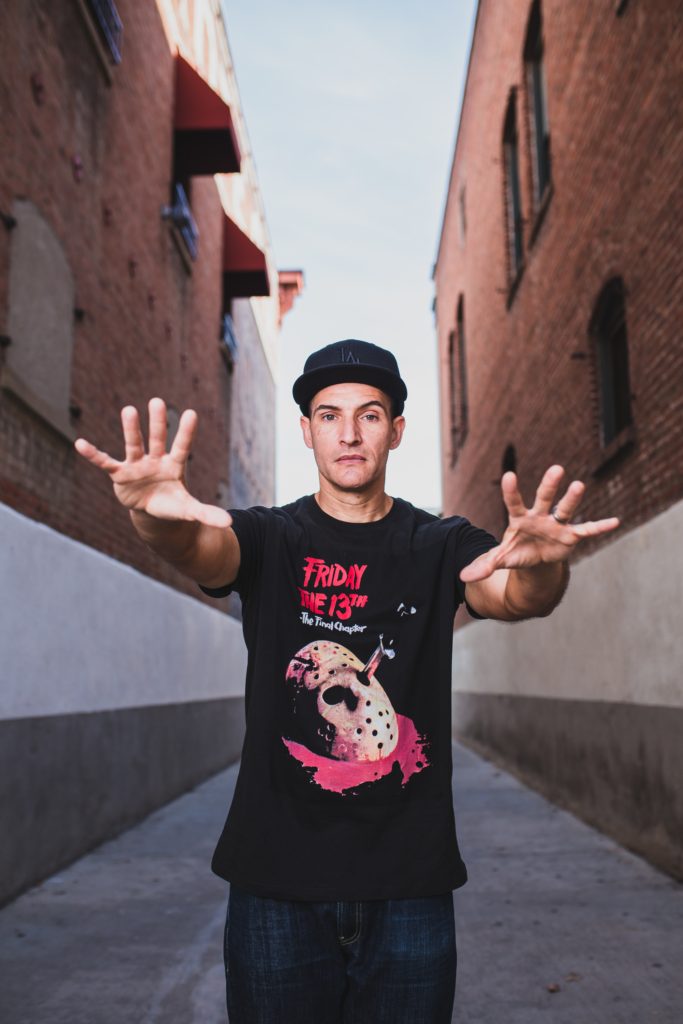
“There’s one part of that song, that my actual goal was to do a John Legend impersonation and rap as if he was battle rapping someone. It’s ridiculous, I don’t know if people will find the humor in it but that is meant to be ridiculous.” CookBook explains; “I just thought… what would John Legend sound like if he was singing, but it sounded like battle bars? I just wanted to flex, it became an ambitious thing, and it really was quite an undertaking. Then there was the debate do we really put a 7-minute song on the album? “
“When it came to my song The Birth, I started thinking about this being my last album… I modeled it after the song December 4th by JAY Z.” CookBook explains; “I literally went to JAY Z’s The Black Album and model this record from The Black Album. The album was such a monumental moment in his career. If you look at that album, it has rap styles and production that were popular during that time, if you listen to my record it has all the production and rap styles of today, without compromising the lyrics and the content.” CookBook continues; “if you listen to how JAY Z begins that record you’ll say oh shoot its like The Birth. I did it intentionally to pay homage to my favorite JAY Z record “December 4th” and he is one of my all-time favorite rappers.”
“To keep it real with you, if Jason Soto Was Here blows up, I’m going to follow The Black Album pattern. You’ll see CookBook come out of retirement… “ – CookBook
If this is in fact CookBook’s last album – then he definitely solidified his legacy as an artist by releasing a collection of albums that fulfilled all the dreams he had when he started rapping in his Felipe’s garage. But if he decides to comeback like JAY Z and release more music, then Jason Soto Was Here is the beginning of a new evolution for CookBook. From Artist, to Father, Joggerman and Podcaster – Jason Soto is here.
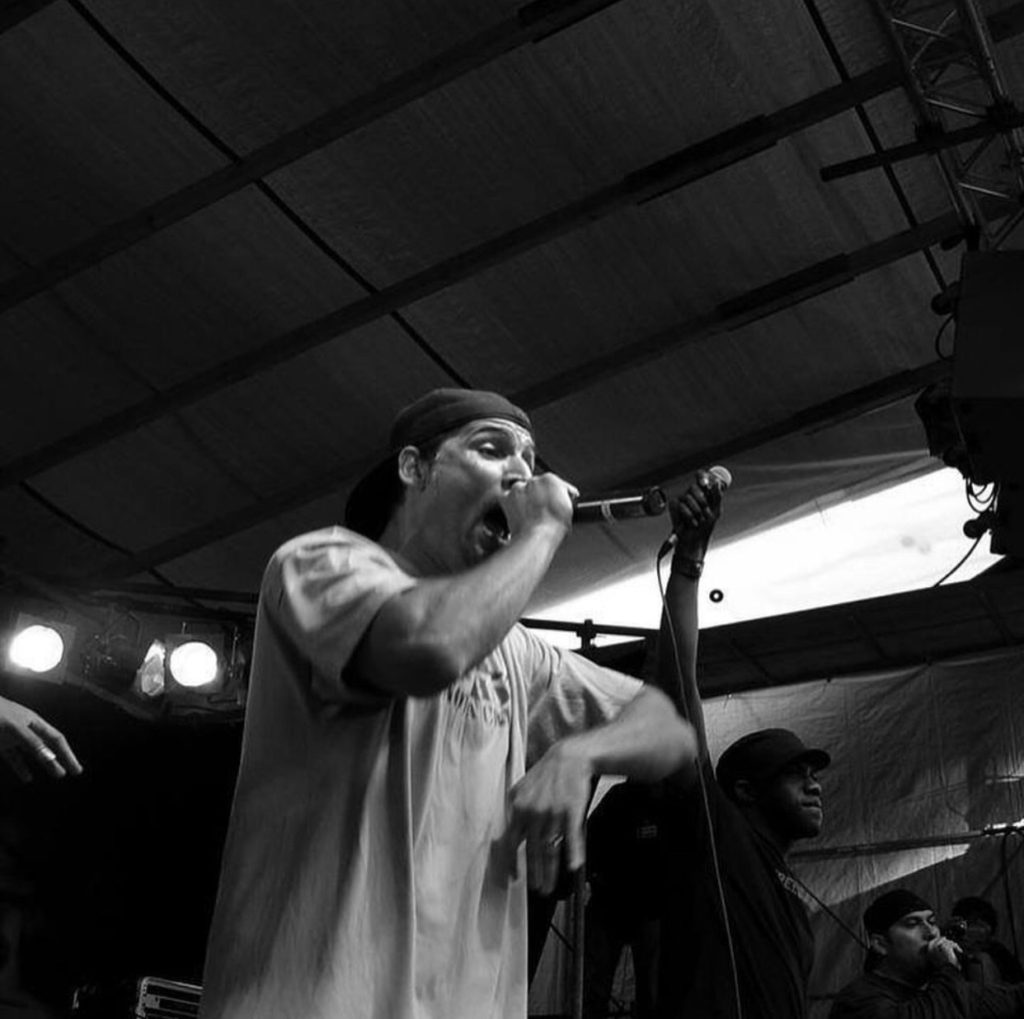
CookBook performing LIVE 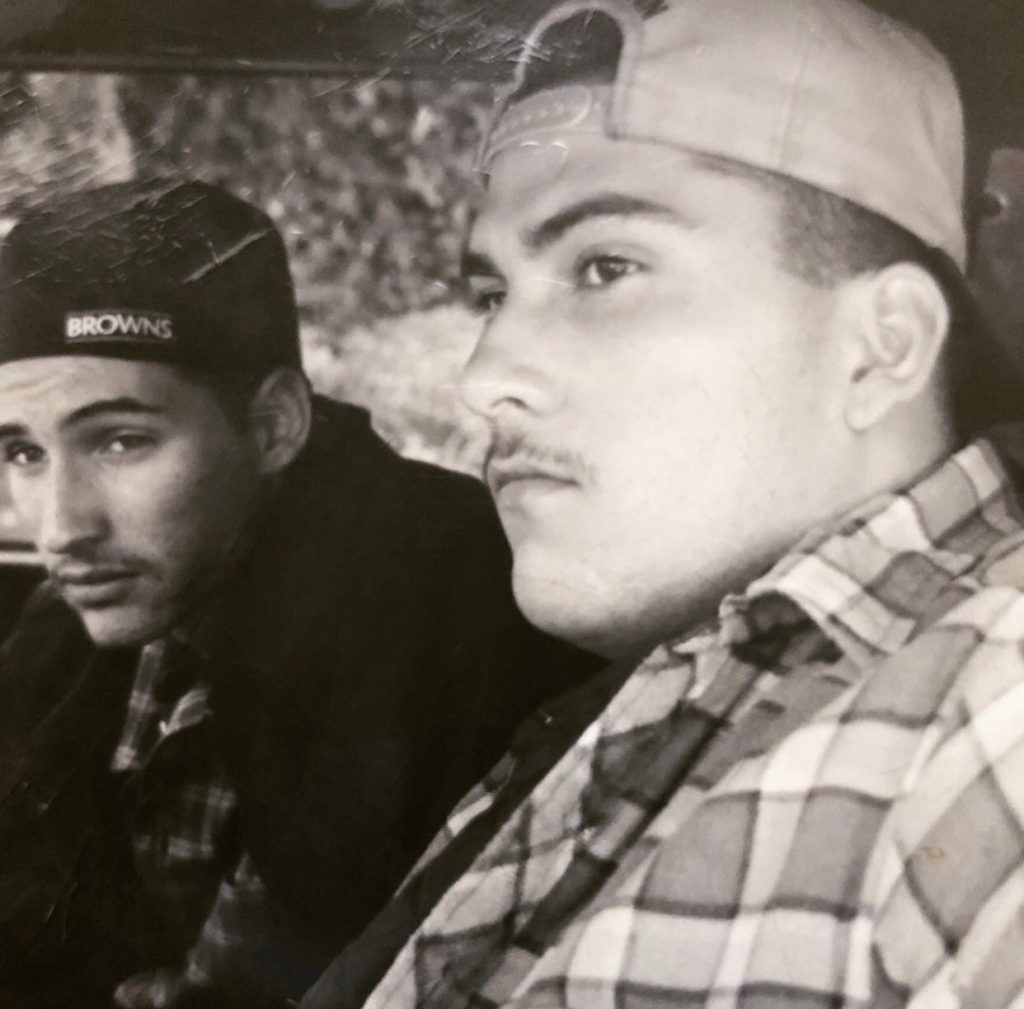
CookBook & UNO Mas 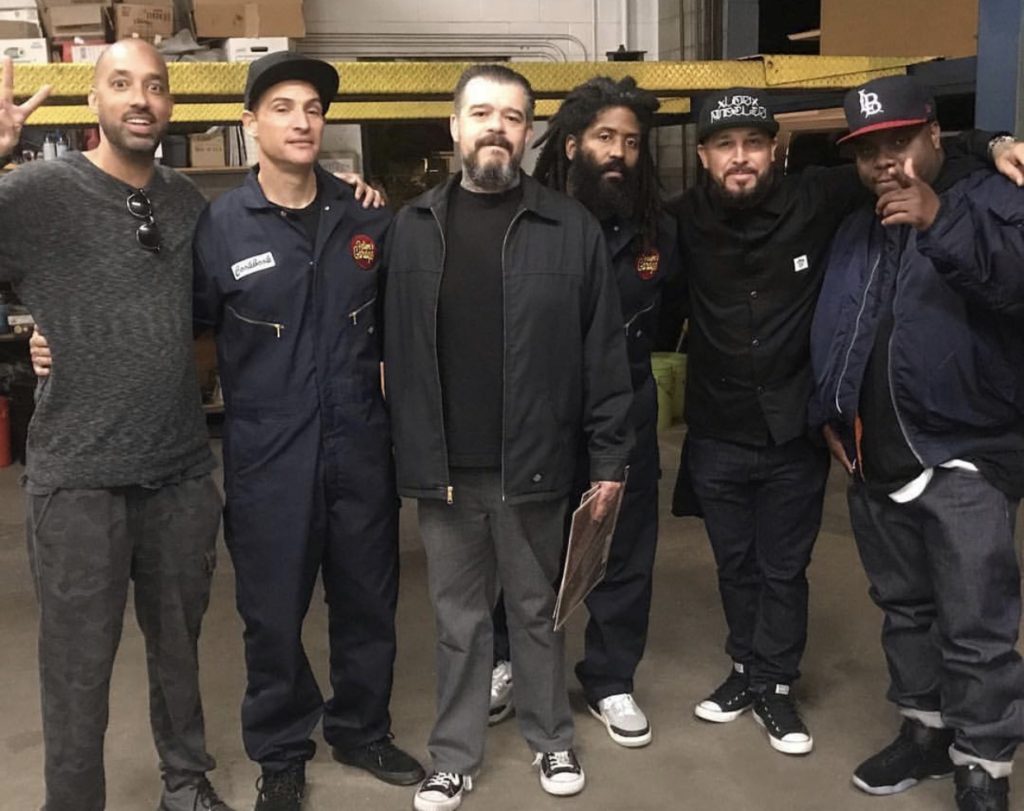
Felipe’s Garage 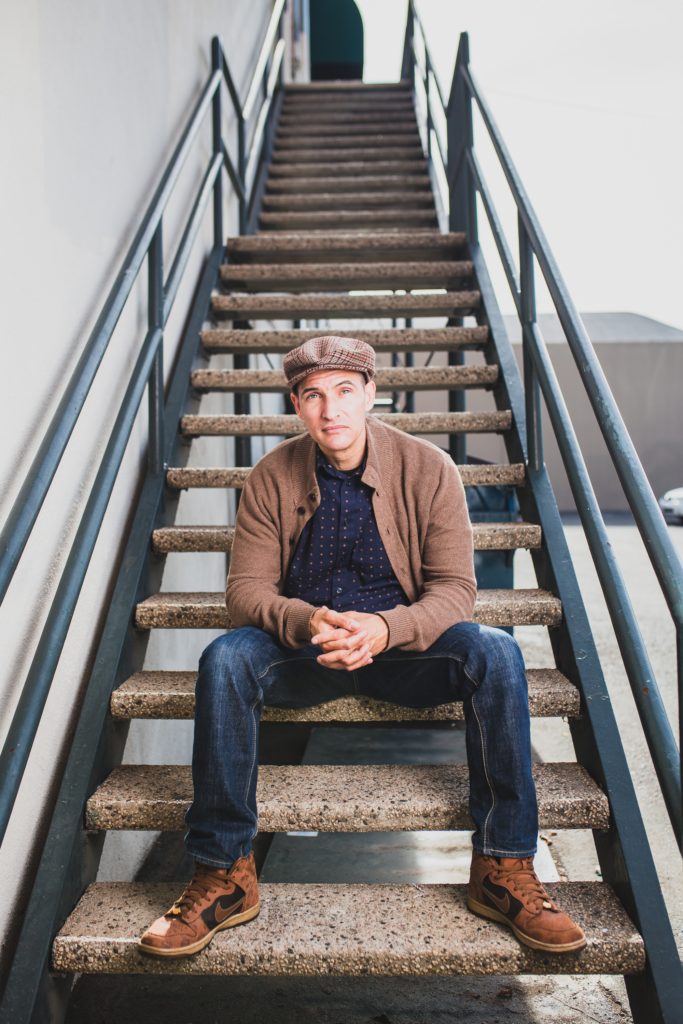
CookBook 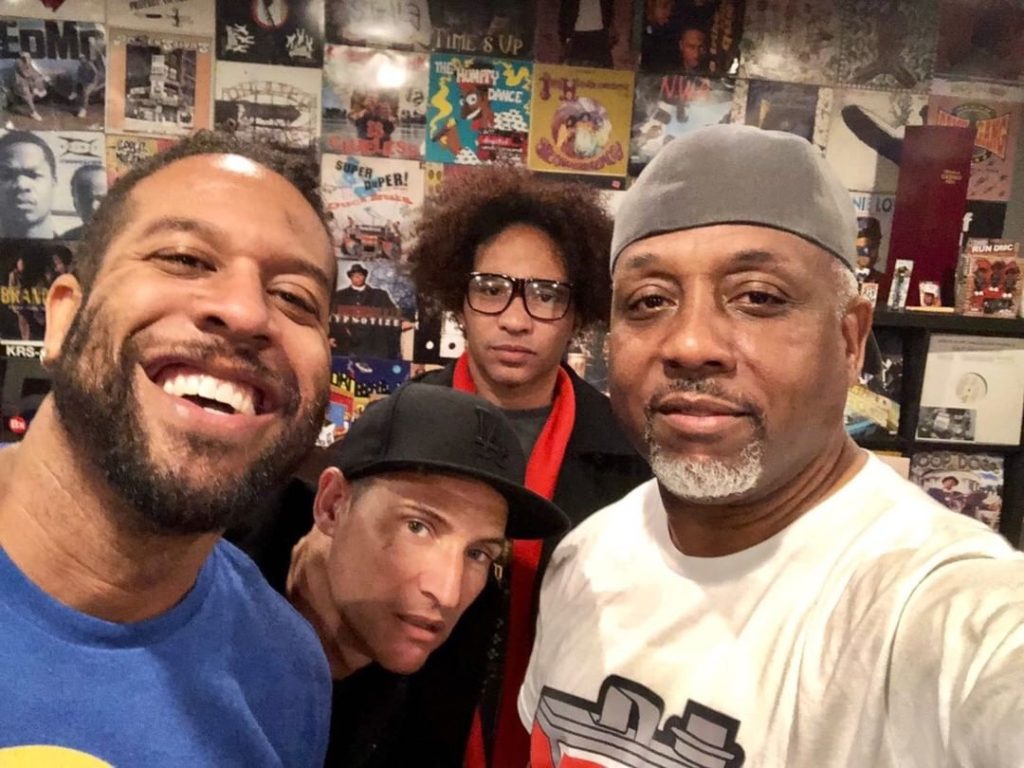
L2R: Nesto, CookBook, King Ductor & E.Green (Felipe’s Garage)
